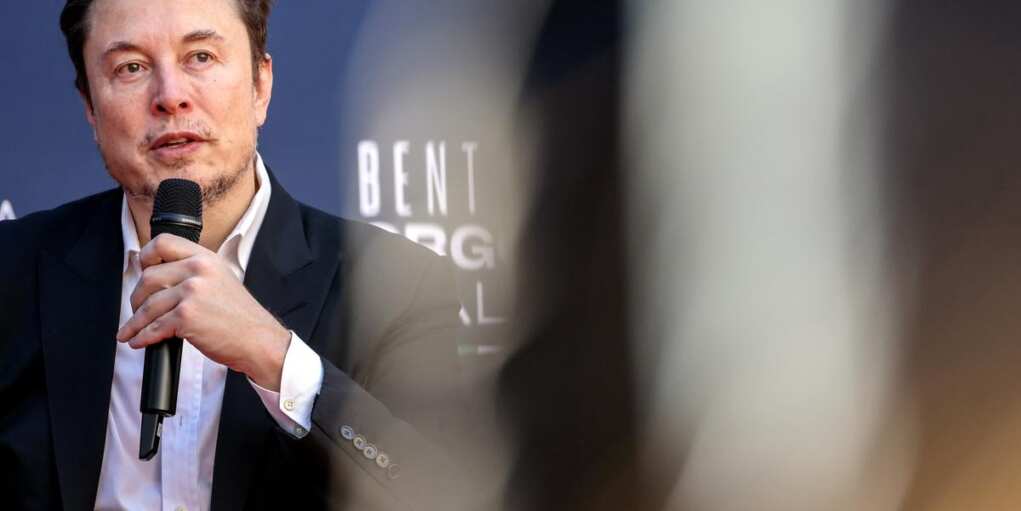South Africa Goes To War Against Elon Musk

Just days after signaling a policy shift that would let Elon Musk bring Starlink to South Africa, the country’s government is now threatening the tech mogul with legal action, exposing deep fractures over racial ownership laws and political control.
South Africa’s Minister of Communications and Digital Technologies, Solly Malatsi, appeared to extend an olive branch last week when he suggested Starlink could meet licensing criteria without the standard 30% black ownership requirement—long seen as a barrier to Musk’s entry into his home country’s market. Instead, Malatsi floated the idea of using “equivalents” such as local community investments.
But that rare moment of pragmatism was short-lived. Just days later, South Africa’s communications regulator, the Independent Communications Authority of South Africa (Icasa), announced it was launching a probe into “illegal usage” of Starlink. Icasa even warned that it may file a formal complaint against Musk’s SpaceX if violations are confirmed.
This sudden reversal throws Starlink’s future in the country into chaos, and highlights the ongoing battle within South Africa’s Government of National Unity—a fractious coalition between the ruling African National Congress (ANC) and the opposition Democratic Alliance (DA), Malatsi’s party.
The ANC, which has dominated South African politics since the end of apartheid, has aggressively pushed policies of racial redistribution through its “transformation” agenda, often requiring businesses to adhere to strict racial quotas under the Black Economic Empowerment (BEE) framework. Though Starlink’s satellites could rapidly improve internet access across underserved areas, critics within the ANC see Malatsi’s proposal as undermining their core ideological goals—and potentially threatening lucrative race-based contracting opportunities.
Icasa, though technically independent, is widely viewed as an extension of ANC policy enforcement. Its investigation into Starlink appears to be a direct response to internal political backlash against Malatsi’s reform efforts. And without full ANC backing, any regulatory path for Starlink is likely to be blocked or buried in red tape.
The timing couldn’t be more awkward. Just over a week ago, South African President Cyril Ramaphosa met with President Donald Trump at the White House, signaling a desire to “reset” relations. Yet days later, Ramaphosa defended the “Kill the Boer” chant as a “liberation song,” a position Trump criticized during their meeting. The spat put a spotlight on Ramaphosa’s balancing act between appeasing his Marxist-aligned base and courting global investment.
The Starlink saga now serves as a microcosm of that broader contradiction: does South Africa want to modernize and compete globally, or will it continue sacrificing opportunity on the altar of ideological purity?
Musk, who has previously stated he wouldn’t do business in South Africa due to the racial ownership laws, seemed encouraged by the recent overture. But with Icasa now launching an investigation—and political knives out within the GNU—Starlink’s chances in South Africa are fading fast.
Meanwhile, the country’s tech-starved citizens remain caught in the crossfire. A functional Starlink rollout could have bridged the digital divide in rural communities. Instead, it’s become the latest casualty of internal party warfare and racial entitlement schemes.
South Africa asked Elon Musk to help build the future. Now, they’re threatening him for answering the call.

